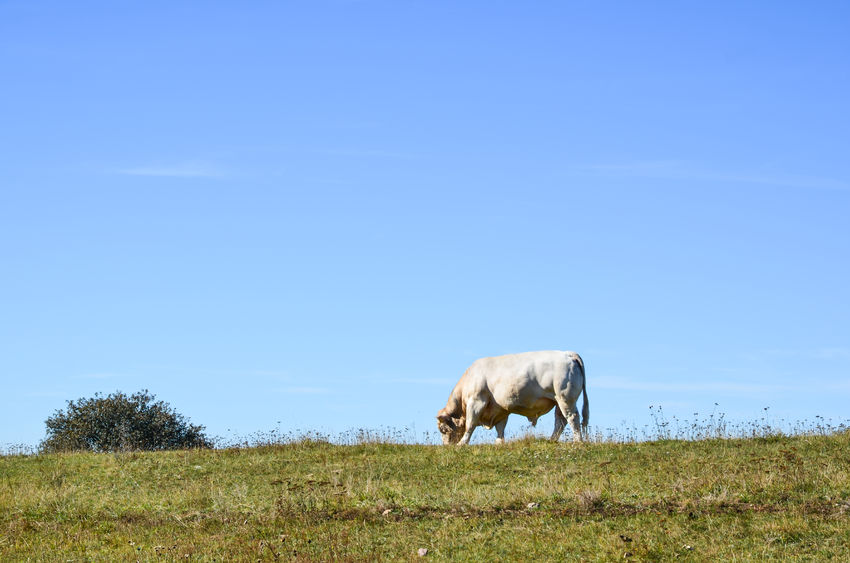
Free trade talks between the EU and USA continue in the fourteenth round of negotiations held in Brussels this week.
EU agri-cooperative Copa and Cogeca have underlined key sticking points in the transatlantic trade talks at a stakeholders meeting.
Speaking at the meeting today, Copa & Cogeca Secretary-General Pekka Pesonen said: "Faced with a critical EU agricultural market situation, we want to look ahead and find new opportunities and better access to markets for our products.
"With the USA being the first client for our EU agri-food exports worth 19 billion euros, we believe that the free trade talks with the USA could provide an opportunity if there is a level playing field."
"To start with, we want to make sure that the EU’s high quality standards are recognized.
"We also believe that three quarters of possible gains from a potential deal could come from removing red tape and non-tariff barriers to trade.
"EU dairy producers for example face big obstacles when trying to market Grade A milk products in the US which effectively stop our exports from entering the USA.
"The same situation applies for our fruit and vegetable exports.
"More progress is also urgently needed in the talks on getting recognition of the EU system of geographical indications (GIs) which protects our quality produce from imitations and misleading consumers.
What is TTIP?
The Transatlantic Trade and Investment Partnership, a deal being negotiated between the European Union and US, is in many ways, a fairly boring and straightforward trade agreement.
Commonly known as TTIP (pronounced t-tip), deliberations over the deal have been going on for years, with the first official round of talks taking place in 2013.
It is hoped that whatever the agreement eventually looks like, it will result in increased trade and prosperity for those on both sides of the Atlantic.
Critics say if the trade deals are implemented, TTIP risks weakening European laws that protect health and the environment.
